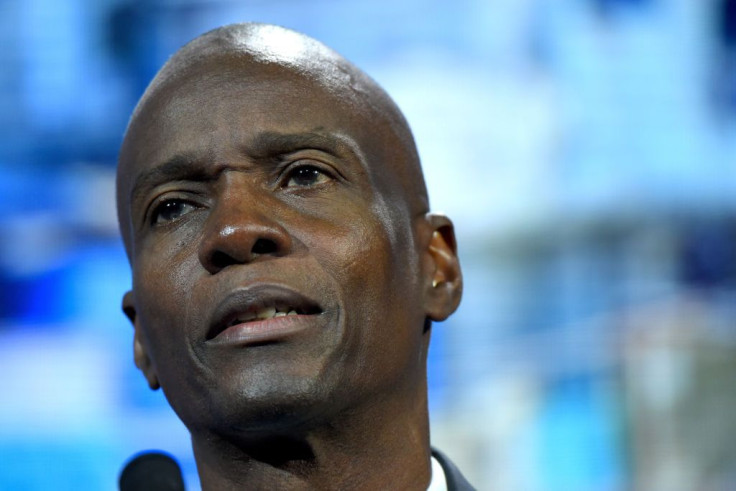
U.S. federal authorities have revealed for the first time that political rivals of Haiti's slain President Jovenel Moïse sought support from Haitian gangs in the days leading up to the assassination but failed to secure it.
According to documents filed in an unrelated federal weapons-smuggling case and reported by The Miami Herald, a former senator who later admitted to conspiring to kill Moïse was among those present in a meeting between politicians and criminal organization. A gang leader who attended the meeting later became one of the FBI's most wanted fugitives.
Three years after the assassination and with Haiti immersed in chaos resulting from the magnicide, the full extent of the conspiracy remains unclear. Investigations in both Miami and Haiti have provided details, but a recent gang raid on Haiti's National Penitentiary resulted in the escape of several suspects, including the head of Moïse's security unit.
A confidential witness in a separate weapons-smuggling case against Germine "Yonyon" Joly, leader of the 400 Mawozo gang, mentioned the gang members' knowledge of the coup plan. Joly, who last month was sentenced to 35 years in a U.S. prison in the context of the case, participated in the pre-assassination meeting by phone from a Haitian prison.
In Miami, a half-dozen men have pleaded guilty in the assassination case. Among them is Joseph Joël John, a former Haitian senator, who admitted to conspiring with others to forcibly remove Moïse. John helped secure rental vehicles and procure weapons for the operation, and he introduced the plotters to gang members.
Other defendants convicted include Joseph Vincent, a former DEA informant; Germán Alejandro Rivera Garcia, a former Colombian military officer; and Mario Antonio Palacios Palacios, a former Colombian soldier. They have been sentenced to life in prison but are cooperating with federal prosecutors.
The remaining defendants facing trial include Antonio "Tony" Intriago, head of the Miami-area security firm Counter Terrorist Unit Security (CTU); Arcángel Pretel Ortiz, a former FBI informant; Broward County financier Walter Veintemilla; Haitian American James Solages; and Christian Emmanuel Sanon, initially seen as Moïse's successor.
In Haiti, dozens of people, including Moïse's widow and former Prime Minister Claude Joseph, have also been indicted. However, questions remain about who knew of the plot and who fired the fatal shots. The investigations have yet to yield a motive or definitively identify all those involved.
Haiti continues to face severe gang violence and instability, exacerbated by the power vacuum following Moïse's assassination. An international force led by Kenya has arrived in the country, and efforts are underway to stabilize the political situation and prepare for elections by February 2026. A recently-formed transitional council recently selected Garry Conille to serve as prime minister. He is tasked with leading the country out of its current state of chaos and to an electoral process in 2026.
© 2025 Latin Times. All rights reserved. Do not reproduce without permission.





